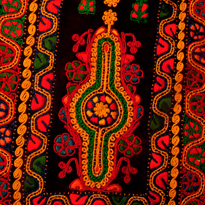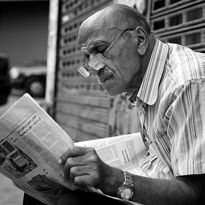Drag & Drop content in the header area - This message will disappear once the site is published
|
This is a profile in testament to all the women and men who in their own ways have furthered gender equality but are absent in accounts of the past.
It is worth mentioning that many of the women profiled here are not central figures in books or narratives of the past; they may occur only as footnotes, if at all. Some of them, such as Fatima Aliye Hanim, have re-entered the public eye after centuries cast in the shadows. |
Most of the women featured in this section are also women of privilege. They come from rich or middle class families and have had access to the best education and been able to travel.
We can only imagine how many women, girls and men of lower status have made equally valuable contributions but have been excluded or gone unremembered. There are always reasons for absent as well as present voices. |
We can also see how women who have worked specifically in the area of women’s rights have not been given the same attention as men writing on the subject.
One example of this can be seen in the case of Qasim Amin, who was a respected 19th century judge. He is well known for his text, Tahrir al-Mar’a (The Liberation of Women, 1899) which has since been published into many languages. Tahrir al-Mar’a addressed many contentious issues including female seclusion and the face veil. While Amin has been hailed by some as ‘the father of Islamic feminism,’[1] he has also been heavily criticised, for example by Leila Ahmed, for presenting a negative view of Egyptian women and fuelling the views of colonialists.[2]
Margot Badran however has asked why Amin’s contributions have been so celebrated while the voices of women writing about the issue around the same period have been forgotten or overlooked.[3]
Speaking at a lecture at the centenary of the publication of Qasim Amin’s Tahrir al-Mar’a she pointed out Aisha al Taimuriyya and Hind Naufal as two examples of such women.
|
Aisha al Taimuriyya, who was born in 1840 was a prolific poet and writer on women’s issues. In her book ‘Embroidered Garments’ which was published in 1885 she questioned, ‘O you (men) who control our affairs, why have you left women behind?’ She regularly wrote and advocated on the benefits of educating women and made a strong case for the benefits of female education and the benefits for families and society.
|



